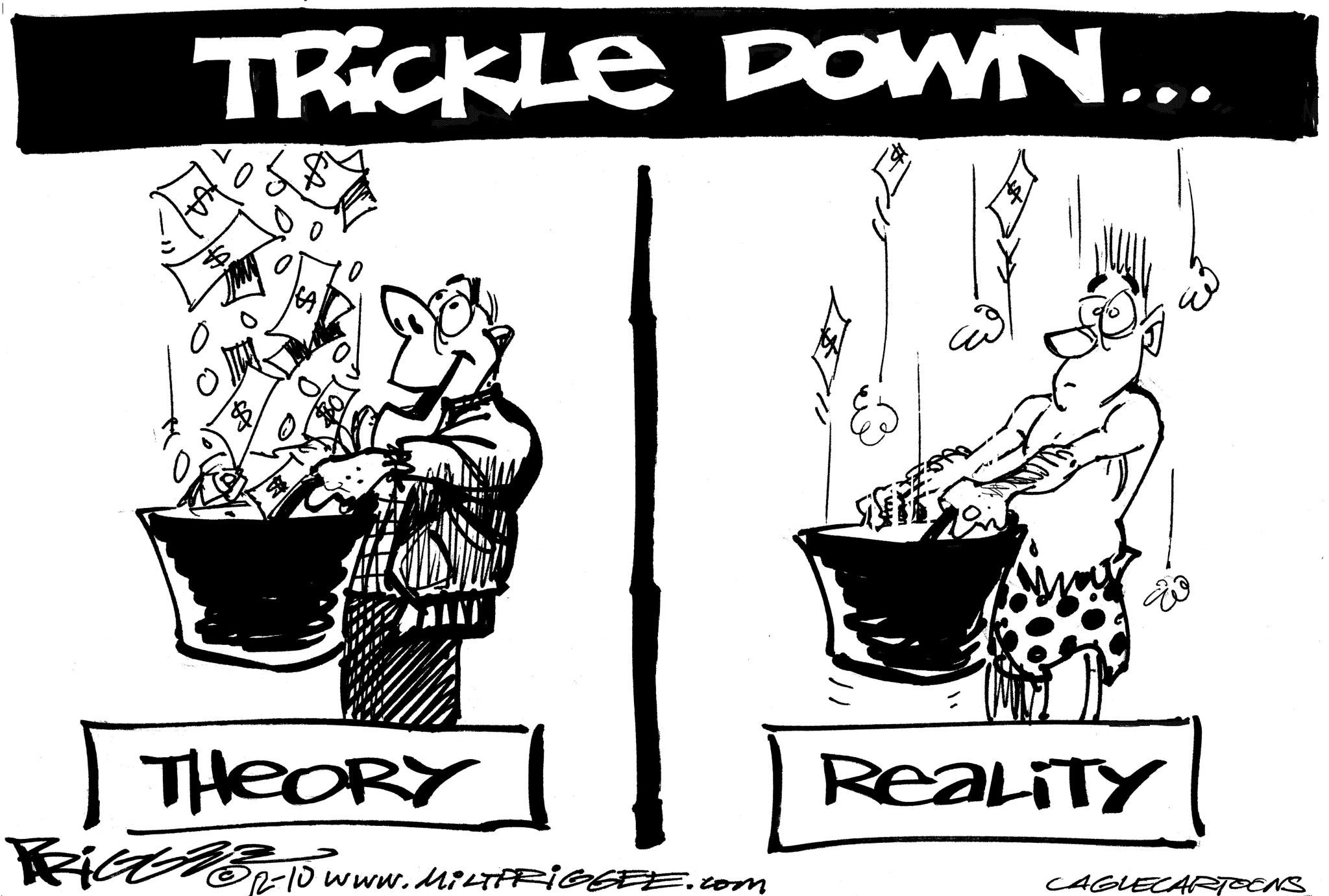BY SHARON MARTIN
 One of my bionic knees doesn’t bend as well as the other. I was making progress when insurance coverage for my physical therapy played out. An insurance company employee who didn’t know that I’m a miracle walking, a survivor of both polio and osteoarthritis, made the decision based on some corporate chart.
One of my bionic knees doesn’t bend as well as the other. I was making progress when insurance coverage for my physical therapy played out. An insurance company employee who didn’t know that I’m a miracle walking, a survivor of both polio and osteoarthritis, made the decision based on some corporate chart.
I’m still working on my range of motion at home, but I could have done more with a therapist. I don’t want sympathy, I just want you to understand how corporate and political decisions affect the lives of people in Oklahoma.
A lovely lady I know had a stroke. One side is paralyzed, and she can’t speak. Of course, she can’t work, so we were so happy when her Medicaid came through and she qualified for speech therapy. In a short time, we could see the progress. We could understand more of her words and she was relying less on one-handed signs and left-handed scribbles. Then the cuts in Medicaid spending started. She lost her therapy. She was resigned. Her friends were angry with a system that lets something like this happen.
Stories like this play out over and over, especially in states that have embraced supply-side economics.
When politicians create policies that make it difficult for constituents to access a good education and affordable healthcare, not only are they chipping away at the economy, they are getting away with murder.
I can’t repeat this enough: Trickle down doesn’t work. Trickle down isn’t fair. Trickle down isn’t even remotely Christian.
How many people will die this year because they don’t have insurance? How many more will die because we don’t have the facilities and the funds to treat mental health issues?
There’s a direct correlation between education levels and health. Understanding nutrition, knowing how to read labels, and navigating the healthcare system are all education related. So, how many lives will be shortened because we shortchange education in favor of corporate donors?
I’m sure there’s a mathematician somewhere who has worked out these numbers and charted the cost/earnings ratio. When it comes to the wellbeing of citizens, does it matter?
Robust support systems make people happier and healthier. They help them live longer, more productive lives. We can ignore the science and make laws that benefit a few, lower taxes for oil companies and higher profits for insurance companies. Or we can do the right thing, all of us contributing our fair share, so that all Oklahomans have the chance to live longer, healthier lives.
Doesn’t it make sense that we do the right thing?
– Sharon Martin lives in Oilton, OK and is a regular contributor to The Oklahoma Observer







